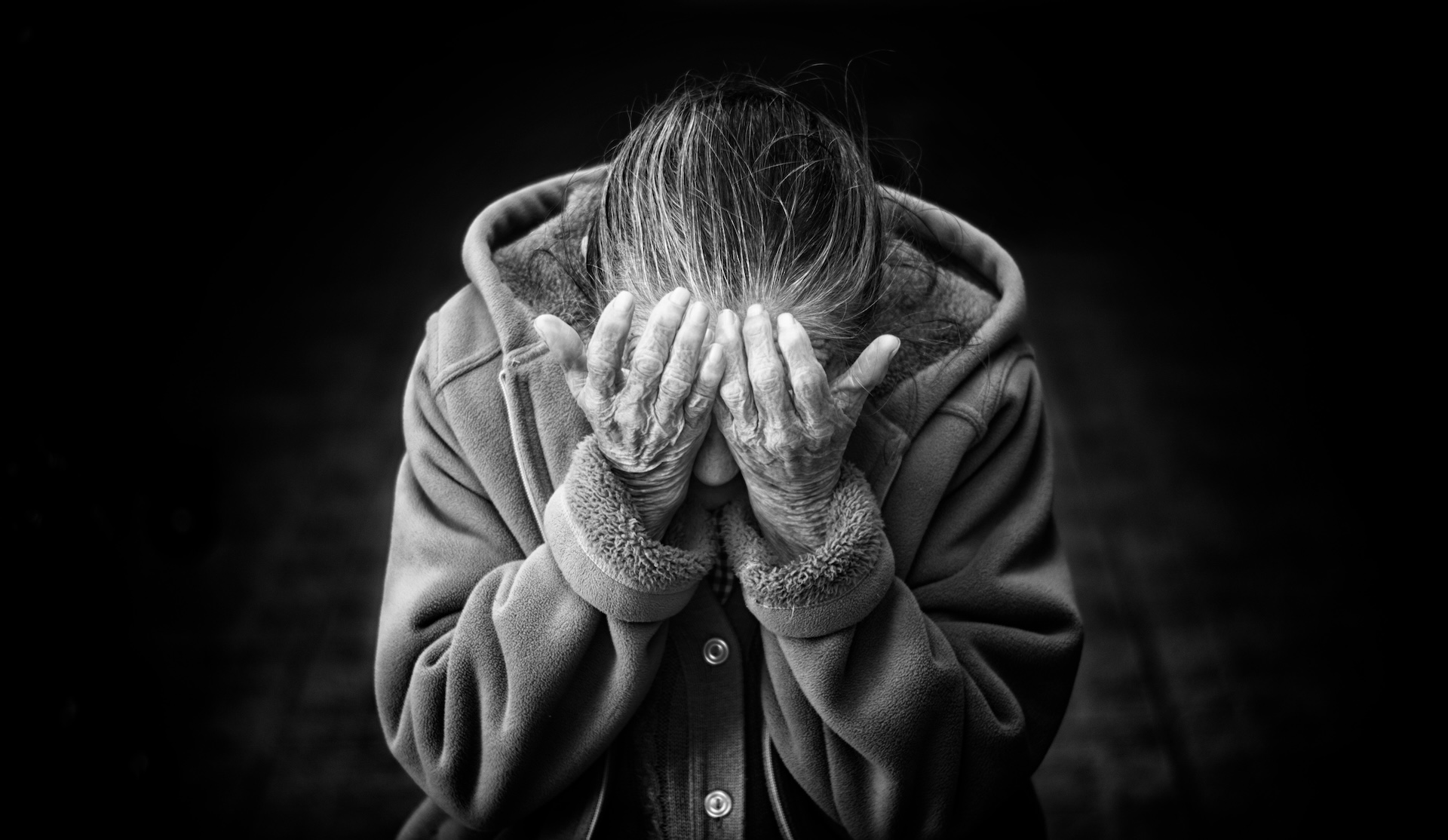With the general election just a few days away and the past few couple of weeks’ news being dominated by the launch of the party manifestos, I’ve been keeping a keen eye on the content of the manifestos but I’ve been disappointed. There has been a notable absence in the priorities of those vying for Number 10: wellbeing.
Wellbeing is a bit of a misunderstood term, often overlooked in discussions about what truly matters to people’s everyday lives. But let’s get one thing straight: wellbeing is not a luxury. It’s a basic human right that permeates every single issue at this general election and our politicians must sit up and take notice.
The science of wellbeing, increasingly studied the world over, focuses on the quality of life of people as they experience it. By asking people how satisfied they are with their lives, we can measure wellbeing and study the factors which improve (or reduce) it. And we need to improve it.
- I help refugees with their mental health. This is the toll our asylum system takes
- Covid destroyed my mental health and I lost everything – but discovering boxing turned my life around
In the World Wellbeing Movement’s inaugural UK Wellbeing Report, published earlier this year, we highlighted the alarming proportion of people in the UK living with very low levels of wellbeing. The headline stat – that one in eight of us are now living below what we term the ‘happiness poverty line’ – should worry us all.
Even more troubling are the steep wellbeing inequalities across the UK, with as many as 25% of people – an astonishing one in four – living below the happiness poverty line in some areas. It shouldn’t be a luxury to feel good about our lives.
Put it this way: why does the health service matter? Well, you feel terrible if you’re sick. Why is the cost of living crisis such a priority for us all? Because the stress and worry of not knowing how to pay the month’s bills can soon put us in a dark place. Why is good education so important? Because without it, our young people won’t have the tools they need to live healthy, positive lives.










